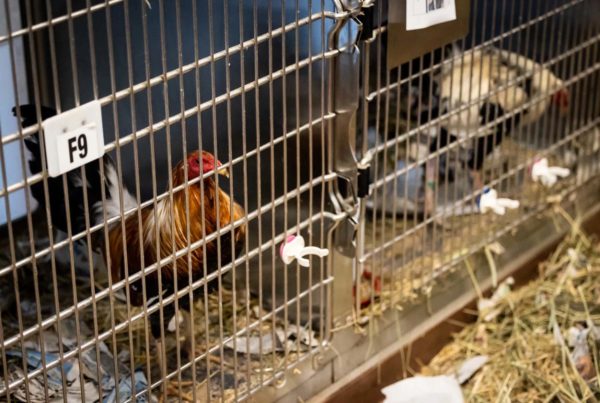From KERA News:
In an SMU classroom of music students and professors, composer Xi Wang’s 39-page score is projected onscreen. We heard it, played electronically, as Wang explained her approach to the opening of “Ensō,” her new, 15-minute work.
“Look at this contour,” Wang instructed the class.
She sang: “Fa la tee le la lee. Fa la tee le la lee. That’s a half circle. If I put this half to here – da la lee le la lee de le la la lee. . . Is that interesting? It’s interesting to me. I’m using music to draw a circle.”
Those musical notes, as they visually appear on the page, do form a kind of circle. There’s a reason, said Wang. In part, it’s because she wrote “Ensō” to respond to the piece that preceded it. That one was about the year 2020, with all its traumas – from the deadly pandemic and economic strife to civil unrest and riots. (The Dallas Symphony Orchestra will debut it in 2024.) She said the year exhausted her.
“I felt I needed a healing piece for myself. And then there comes “Ensō,”” Wang said.












